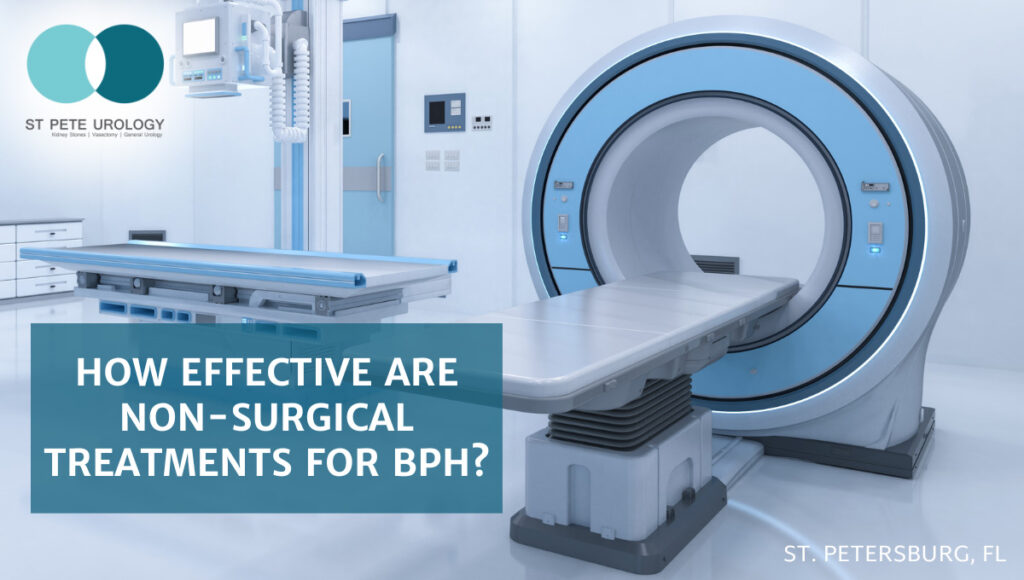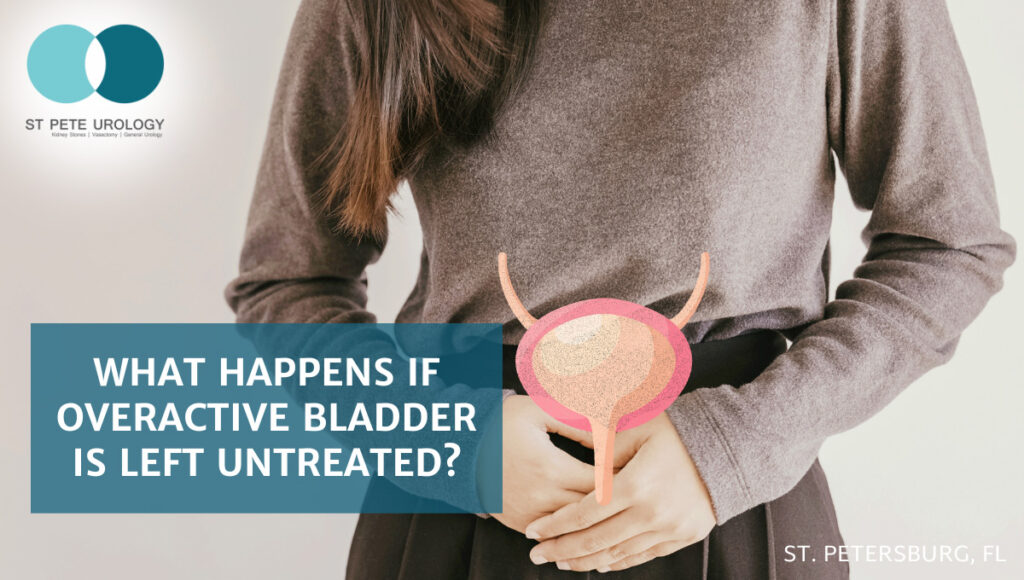Testicular cancer refers to the cancer of the testes (testicles), which are found within the scrotum, a loose bag of skin located underneath the penis. The principal function of the testes is production of sex hormones and sperm in men. Testicular cancer is relatively rare when compared to other types of cancer, but it is the most frequent type of cancer in American males between 15 and 35 years old. The cancer is highly curable and can effectively be treated even after it has spread outside the testicle. Nevertheless, a man may need to receive several treatments or a combination of treatments, depending on the stage and type of testicular cancer.
Testicular cancer symptoms
Testicular cancer is usually unclear from the symptoms because it shares many symptoms with other problems such as epididymitis and hydrocele. Therefore, it is important to see a doctor as soon as possible to have your condition diagnosed so that testicular cancer can either be detected or ruled out. Do not wait.
The most common symptom of testicular cancer is a lump in or on one or both testicles. The testicle may become larger or swollen, and it is normal for one of the testicles to be larger or to hang lower than the other. Testicular cancer may cause pain, but most often the condition is painless. Men having the cancer also may experience a heavy feeling, pressure or aching in the scrotum or in the lower belly.
Symptoms of advanced testicular cancer
If testicular cancer is not diagnosed early, it may spread (metastasize) beyond the testicles and reach other parts of the body, including regional lymph nodes and organs. The type of symptoms caused by the spread of testicular cancer depends on the area of the body that has been affected. In fact, even after spreading to various parts of the body, testicular cancer may still show no symptoms. Symptoms that may occur after the cancer has spread include:
- Lower back pain: May occur when testicular cancer has spread to lymph nodes found in the back of the abdomen (belly).
- Belly pain: May occur when testicular cancer has spread to the liver or when affected lymph nodes have enlarged.
- Coughing, chest pain or shortness of breath: May occur when testicular cancer has spread to the lungs.
- Headaches or confusion: May occur when the cancer has spread to the brain.
- Sweating for no apparent reason, fever, lack of energy, or a general feeling of sickness.
- Breast swelling or nipple tenderness: Occurs rarely but may be caused by the production of hormones due to the cancer.
When should you see a doctor?
Make sure to see a urologist as soon as you detect swelling, lumps or pain in your testicles or in the groin area, particularly if these signs last longer than 2 weeks. Remember that these signs and symptoms may be caused by other conditions that are not testicular cancer. So it is always important to have your doctor check them and advise you accordingly. At St Pete Urology in St Petersburg, Fl, we have treated testicular cancer for many years and have the experience and expertise to diagnose and treat the cancer effectively. We cure most testicular cancers regardless of whether or not they have spread to other areas of the body. For more information on testicular cancer, visit the “St Pete Urology” site.




